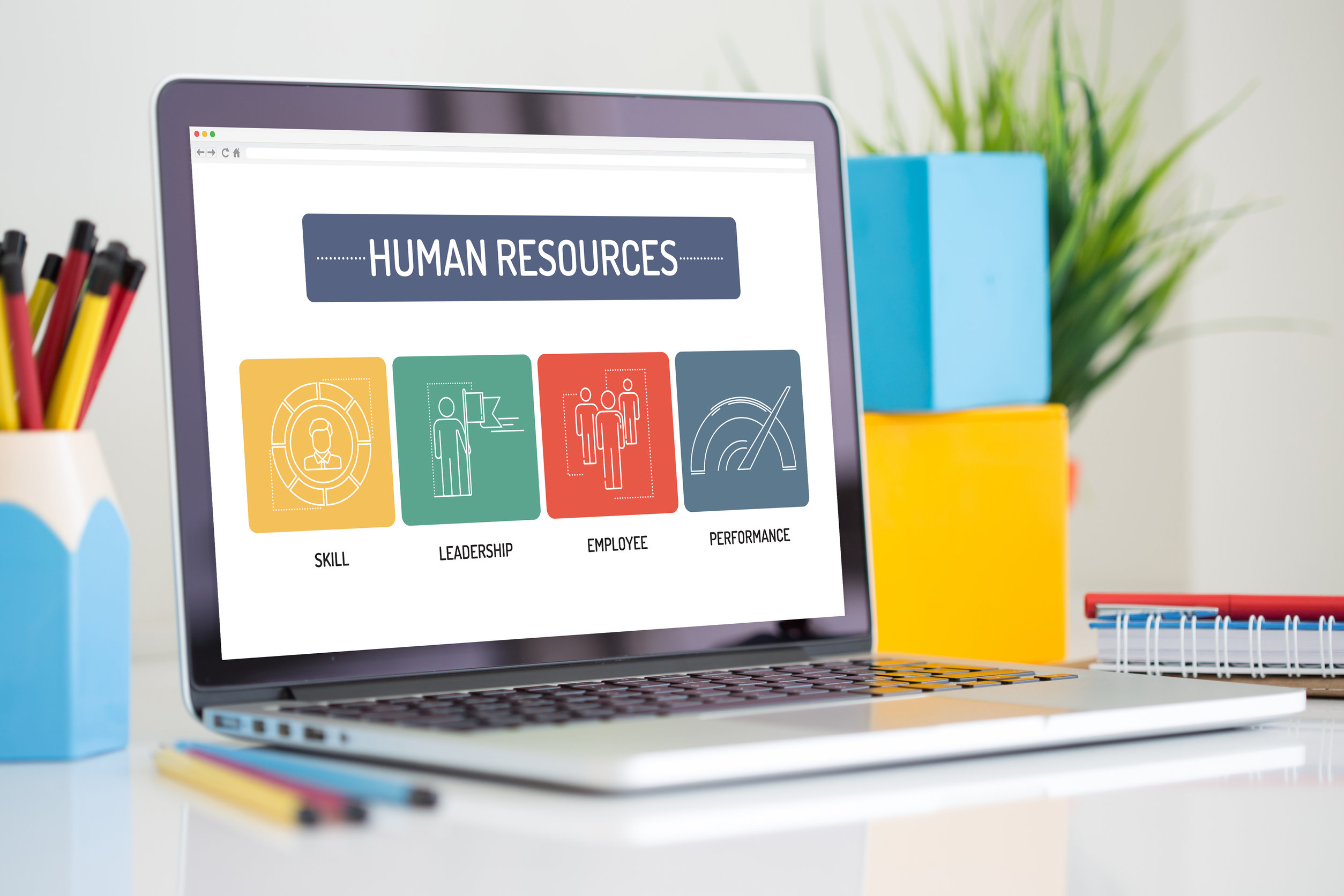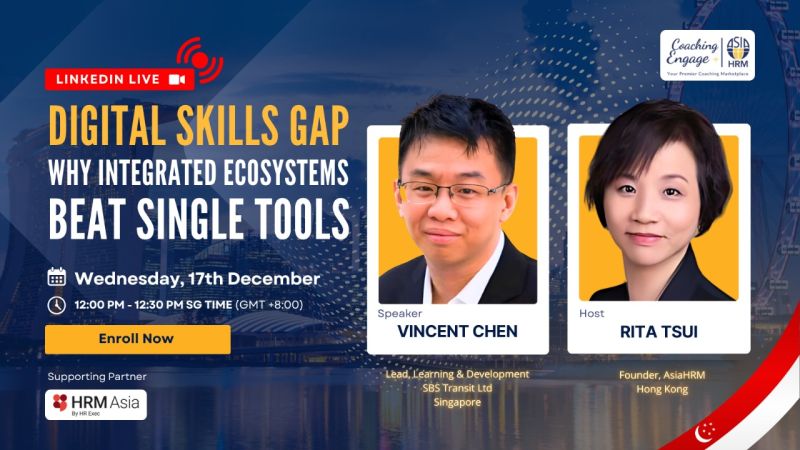The HR development ecosystem in Southeast Asia
- HRM Asia Newsroom

When considering developing human resources, it is easy to get bogged down in the day’s minutia: checklists, programmes, desired outcomes, KPIs, performance management, or whatever the daily task may be. Our thinking readily drifts towards linear explanations and overly simplistic notions of cause-and-effect. If we do XYZ according to our strategic plan, then ABC will likely occur.
While this thinking is effective for much of the work of human resource professionals and organisation leaders, it is essential to step back and consider more macro perspectives of our work. One way to do this is by considering the ecosystem of human resource development (HRD).
The idea of an ecosystem is a helpful heuristic in a variety of fields such as finance, healthcare, and entrepreneurship. An ecosystem describes a complex adaptive system where interconnected actors and forces freely influence one another and act in, occasionally, unpredictable ways.
In Southeast Asia, thinking about HRD as an ecosystem goes back to the 2005 convention in Brunei, “HR Challenges & Opportunities in the New Economy”, where Chartchai Na Chiangmai of the National Institute of Development Administration in Thailand spoke about the “ecology” of HRD in Southeast Asia.
So, what is the HRD ecosystem in Southeast Asia and why does it matter for CHROs and other organisational leaders?
One way to conceptualise the HRD ecosystem in the region is to think about three intersecting, overlapping, and mutually enforcing dimensions: macro, meso, and micro. Whereas most organisational leaders have the micro dimension (firms and workers) and meso dimensions (professional networks, educational institutions) at the front of their minds, it is the macro dimension that can be easily overlooked.
At the macro level we have government support and regulation of HRD, regional talent mobility, cultural characteristics, and even the regional, intergovernmental organisation of ASEAN. These macro forces shape and influence HRD policy and practice.
Consider the dramatic increase of intra-regional migration in Southeast Asia over the last 30 years. Not only has there been more Southeast Asian migrants within the region, the proportion of migrants staying in in the region has also increased.
Take Singapore as an example. According to migration data from the United Nations, in 1990, there were 38,000 intra-regional migrants, which made up 25% of all Singaporean migrants. Thirty years later in 2019, this number has tripled to 119,000 and made up 35%.
Cultural characteristics make up another important piece of the macro HRD ecosystem. Data from the GLOBE Project shows that while Southeast Asian cultures are generally aligned in aspects like gender egalitarianism and collectivism practices, there are important points of divergence.
Singapore’s performance orientation practices and uncertainty avoidance practices are far beyond most of its Southeast Asian peers. Cultural characteristics have important implications for HRD policy and practice and have been shown to influence mergers and acquisitions, international assignments, as well as training and development.

“Thinking of regional HRD as an ecosystem helps to think about all the actors and processes that make up these realities.” – Dr Oliver Crocco, Assistant Professor of Leadership and Human Resource Development, Louisiana State University.
Chief Human Resource Officers and leaders of all kinds must not only hold the day-to-day functions of their organisations in their minds as they navigate complex business realities. They must also contemplate and proactively respond to changing macro forces within a regional context such as Southeast Asia.
Thinking of regional HRD as an ecosystem helps to think about all the actors and processes that make up these realities. It also pushes us to think more broadly about human development, which is something done by the ASEAN Human Development Organisation, as the work and development needs of HRD professionals expand.
Dr. Oliver S. Crocco is an Assistant Professor of Leadership and Human Resource Development at Louisiana State University and is the author of the new book “Developing human resources in Southeast Asia: A holistic framework for the ASEAN Community”
He will also be part of a panel discussion titled, Adapting To The Work And The Workforce Of Tomorrow – How HR Is Taking The Lead In Shaping The Future Of Work, at CHRO Singapore, which is taking place on Thursday, December 2.
Joined by Rohit Chennamaneni, Co-Founder, Darwinbox and Simon Frank, CHRO, Thome Group, Dr Crocco will discuss issues such as why it is critical for organisations to shift to a human-centric leadership, and how they can embrace change in the evolving role of HR. The session will be moderated by Jason Averbook, Global Keynote Speaker and Co-Founder & CEO of Leapgen.






